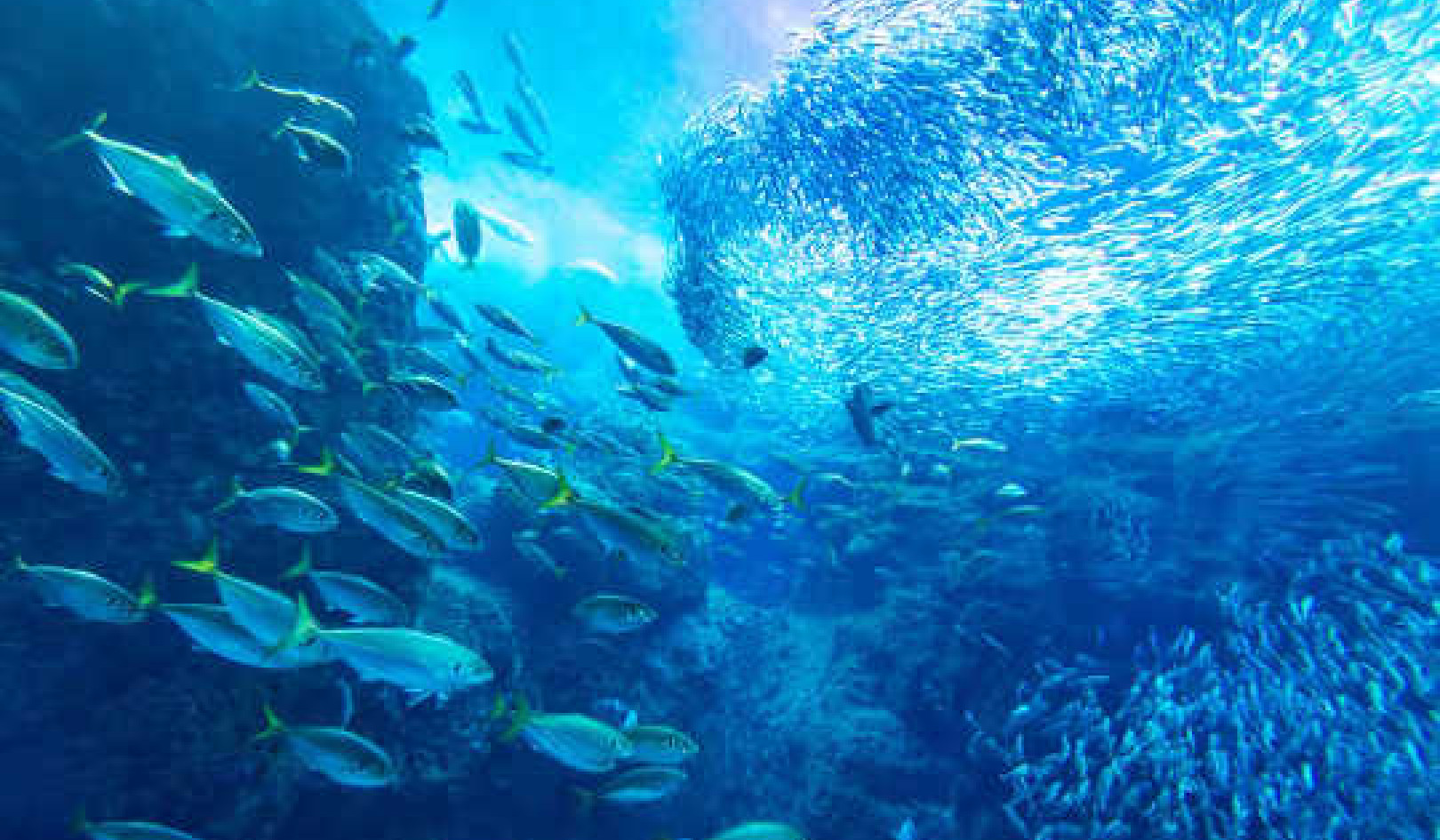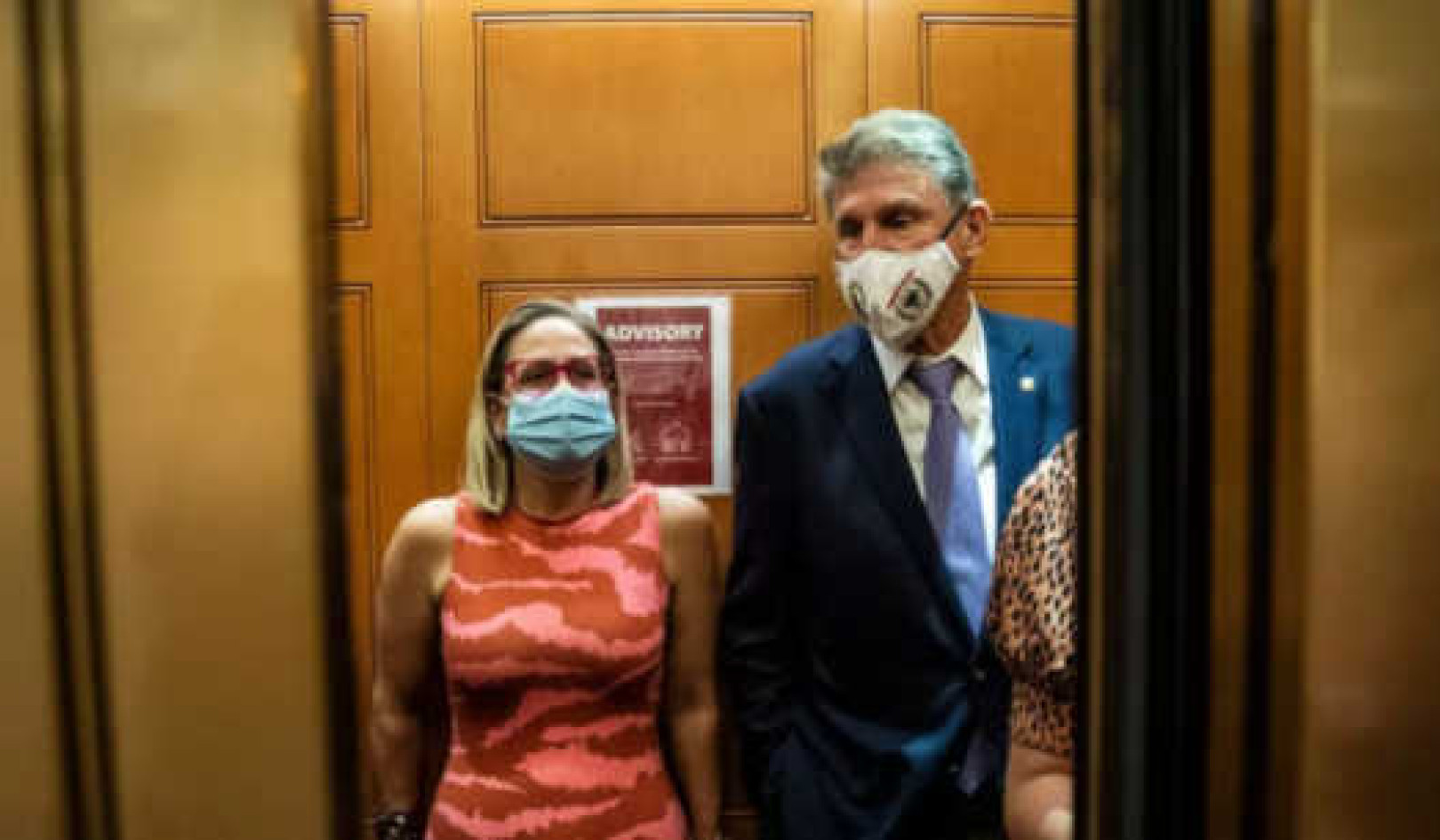
Peoples who have lived in the same place for countless generations – the Amazon, perhaps, or the Arctic – possess invaluable knowledge about living with climate change, and it is evolving all the time.
Climate change often seems to be seen as the preserve of scientists and environmental journalists. But what about the accumulated wisdom of traditional and indigenous peoples?
A Brazilian anthropologist says they have an important contribution to make to knowledge about climate change, and it is about time they were heard.
Manuela Carneiro da Cunha, emeritus professor of the Department of Anthropology at Chicago University and the University of São Paulo, says scientists should listen to traditional and indigenous peoples because they are very well informed about their local climate as well as the natural world around them, and they can share this knowledge with scientists.
This knowledge, she says, is not a “treasure” of data to be stored and used when wanted, but a living and evolving process: “It is important to understand that traditional wisdom is not something simply transmitted from generation to generation. It is alive, and traditional and indigenous peoples are continually producing new knowledge”.
She points out that indigenous people often inhabit areas which are very vulnerable to climate and environmental change, and depend on the natural resources around them.
Yet despite this vast amount of accumulated wisdom it was only in 2007, after the publication of its fourth report, and nineteen years after it was set up, that the IPCC (the Intergovernmental Panel on Climate Change) began asking them to help to develop ways to diminish global climate impacts.
Professor Cunha said confidence must be established between scientists and traditional peoples. One of the best ways to do this was when a traditional community sought solutions for a problem which also interested the scientists.
An example, she said, was the Arctic Council – an intergovernmental forum of eight countries (Norway, Sweden, Finland, Denmark, Iceland, Russia, Canada and the US) and 16 traditional and indigenous populations, mostly reindeer herders – which takes strategic decisions about the North Pole.
With the herders who move their animals seasonally to other Arctic regions in search of better grazing, a group of researchers studied the impacts of climate change on the ecosystems, the economy and society in the region. NASA, universities and research institutes were also involved, and the result was the Arctic Resilience Report, produced in 2004.
This was perhaps the most successful experiment in collaboration between science and traditional and local knowledge, said Professor Cunha. It is important that each group knows what the other is doing, she said.
She was speaking at the annual regional meeting of IPBES – the Intergovernmental Platform on Biodiversity and Ecosystem Services – held in São Paulo earlier in July
The aim of IPBES is to organise knowledge about the Earth’s biodiversity in order to offer information for political decisions at a world level, like the work carried out over the last 25 years by the IPCC.
Professor Cunha suggested that IPBES should involve local and indigenous populations from the beginning of the programme, calling on them to be involved in planning studies, identifying themes of common interest for study, and sharing the results.
“Their detailed knowledge is of fundamental importance. One of the limitations facing panels like the IPCC or the IPBES is how to identify problems and solutions for dealing with global climate change at the local level.
“This is something that only those who for generations have lived in these regions are able to perceive. They know in minute detail what directly affects their lives and are able to detect changes in the climate, in crop productivity and any reduction in the number of plant and animal species”.
On biodiversity loss, Professor Cunha and IBPES president Zakri Abdul Hamid presented data showing that, of roughly 30,000 species of plants cultivated worldwide, just 30 species account for 95% of the food eaten by humans. Within those 30, just five – rice, wheat, maize, millet and sorghum – account for 60%.
Why Ireland starved
The danger of relying on fewer and fewer species was cruelly demonstrated in 1845 when potato blight wiped out the crop and caused widespread famine in Ireland. Over a thousand potato varieties existed in South America, but only two were grown in Ireland. When blight struck, there were no other varieties to plant.
More recently the Green Revolution of the 1970s selected the most productive and genetically uniform varieties in preference to plants more adapted to the specific conditions of the world’s different regions. Differences of soil and climate were then corrected with chemicals. This led to the global spread of homogenous plants and the loss of many local varieties.
This is an enormous risk for food security because plants are vulnerable to attack by pests, for example, and each local variety of a plant had developed special defences for the type of environment in which it was cultivated.
Professor Cunha described how, far from the Green Revolution, in the Upper and Mid-River Negro in the Amazon, women of the indigenous communities who live there cultivate over 100 types of manioc, sharing their planting experiences with each other, experimenting with dozens of varieties simultaneously in their small plots.
Aware that these cultural practices create a diversity which is very important for food security, the Brazilian Government’s agricultural research company, Embrapa, has developed a pilot project with the indigenous organisations in the region, coordinated by Professor Cunha herself.
Whether it is with manioc growers in the Amazon, or reindeer herders in the Arctic, collaboration between scientists and these owners of traditional and local knowledge can only benefit the planet.
The information in this article is drawn from one by Elton Alisson, published in the newsletter of FAPESP, the São Paulo Research Foundation, on 22 July 2013.
Editor’s note: IPBES will hold a series of meetings with scientists from Latin America, the Caribbean, Africa, Asia and Europe in the next two months, producing regional diagnoses for a report on the planet’s biodiversity. Besides scientific knowledge, they will include the accumulated wisdom of the traditional and indigenous peoples of these regions to help develop conservation actions. – Climate News Network
























